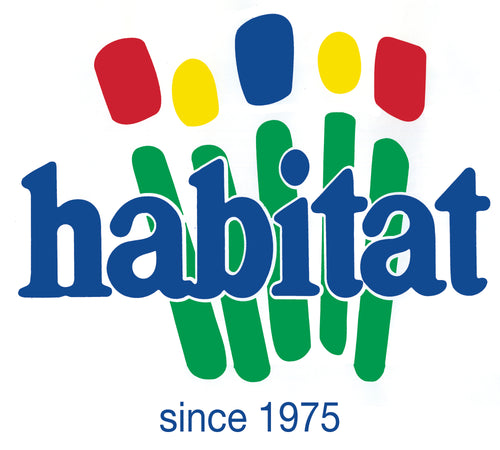In the wake of Covid-19 and staying at home, sheltering in place, bread baking has seen an explosion in interest. In addition to suddenly scarce items like toilet paper and rice, flour and yeast began flying off grocery store shelves as people embraced the age-old tradition of making bread.
Of course, as often happens when something suddenly becomes popular, enthusiasm overshot reality in some cases. Many who rushed home to make bread found themselves with the right ingredients but without the necessary tools or knowledge. Our own Le Creuset cast iron ovens became especially popular due to the excellent quality bread they can help produce. Baking mats, measuring cups, brotforms, spatulas, and all types of baking items were in high demand. Blogs, articles, and podcasts exploded with advice and recipes for making bread. Sourdough starters have achieved cult status. Who would've thought?
Thanks to the Internet, the bread knowledge gap can be filled, but lost in the midst of this onslaught of "bread data," the simple fundamentals may be tough to put your finger on. Perfecting your own unique loaf of bread takes practice, but there is a fundamental rule to keep in my mind on these bread making adventures: the ratio of flour to water.
Michael Ruhlman wrote an excellent book titled "Ratio - The Simple Codes Behind the Craft of Everyday Cooking." This is a tremendously handy book to have in your kitchen, nicely organized and accessible, covering bread and batters, stocks, meat, and sauces. He starts the book with the fundamental rule for bread dough:
- 5 parts flour, 3 parts water
As he notes, you also need yeast and a little salt, and you need to know what kind of elasticity you're aiming for, but those don't affect the ratio. Whatever size loaf you're making, the ratio should be 5-to-3.
Ruhlman goes on to say, "...at the most basic level, baking bread is not complicated," and recipes "...may hurt you as a cook by keeping you chained to recipes. Getting your hands on a ratio is like being given a key to unlock those chains. Ratios free you."
Homemade bread is fantastic, and all serious cooks should give it a try, even if they're not really into baking. Bread is arguably the fundamental food of humanity, and baking it connects us to our past while putting a smile on the faces of our friends and family. Bake some bread, and pass it around. And do check out that book.
Deeper Dive:
At the Sourdough Library With Some Very Old Mothers - New York Times
Who Figured Out How to Make Leavened Bread? - Slate
How to Make Your Own Sourdough Starter - King Arthur Flour
The Man Who Invented Sliced Bread - Everybody Craves

